Have Only Cold Water Pipes For Washing Machine -
Avon `Lady
5 years ago
Featured Answer
Sort by:Oldest
Comments (16)
M
5 years agoRelated Professionals
Port Orange Kitchen & Bathroom Remodelers · Weymouth Kitchen & Bathroom Remodelers · Atascocita Cabinets & Cabinetry · Loveland Custom Closet Designers · Bristol Flooring Contractors · Little Falls Flooring Contractors · Montgomery County Flooring Contractors · Oak Park Flooring Contractors · Phoenix Kitchen & Bathroom Remodelers · Harmony Plumbers · Lockport Kitchen & Bathroom Designers · Augusta General Contractors · Glenn Dale General Contractors · Mentor General Contractors · Port Huron General ContractorsJora
5 years agojwvideo
5 years agolast modified: 5 years agoJora
5 years agoPatricia Colwell Consulting
5 years agojwvideo
5 years agolast modified: 5 years agojwvideo
5 years agolast modified: 5 years agodadoes
5 years agoJerrod
5 years agolast modified: 5 years agoAnglophilia
5 years agoGreenDesigns
5 years agoartemis_ma
5 years agolast modified: 5 years agoCLC
5 years agodadoes
5 years agojwvideo
5 years agolast modified: 5 years ago
Related Stories

HOUSEKEEPINGHow to Clean Your Washing Machine
Cleaning your washer once a month will ensure that it stays spick-and-span along with your clothes
Full Story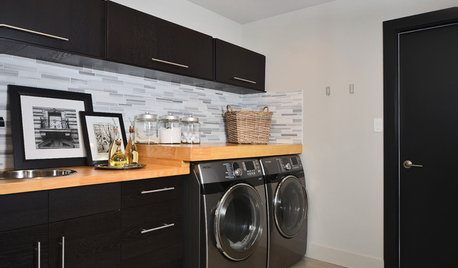
ORGANIZING6 Ways to Care for Your Washing Machine
Keep your laundry room and clothes in great shape with these basic washing machine tips
Full Story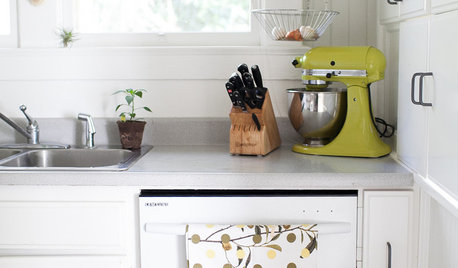
HOUSEKEEPINGDishwasher vs. Hand-Washing Debate Finally Solved — Sort Of
Readers in 8 countries weigh in on whether an appliance saves time, water and sanity or if washing by hand is the only saving grace
Full Story
LANDSCAPE DESIGNHow to Move Water Through Your Landscape
Swales, underground pipes or a mix of both: There’s more than one way to distribute water in the garden
Full Story
HOUSEKEEPINGWhat to Do When Your Pipes Freeze
Here’s how to thaw frozen pipes and avoid having them freeze in the future
Full Story
LANDSCAPE DESIGNHow to Design Your Landscape to Spread Water
Water that’s distributed widely will more readily soak into the ground
Full Story
SAVING WATER11 Ways to Save Water at Home
Whether you live in a drought-stricken area or just want to help preserve a precious resource, here are things you can do to use less water
Full Story
ARCHITECTURE15 Smart Design Choices for Cold Climates
Keep your home safe and comfortable in winter by choosing the right home features and systems
Full Story
EARTH DAY6 Projects to Create Beautiful, Water-Saving Outdoor Spaces
Find out how to replace your lawn with a garden, make your landscape more permeable, install a greywater system and more
Full Story
DISASTER PREP & RECOVERYRemodeling After Water Damage: Tips From a Homeowner Who Did It
Learn the crucial steps and coping mechanisms that can help when flooding strikes your home
Full StoryMore Discussions






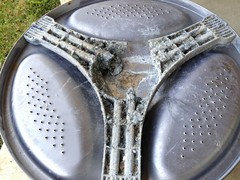
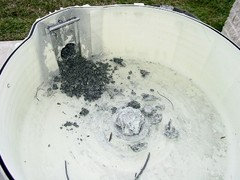
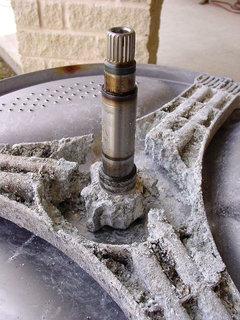
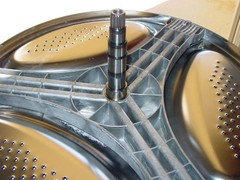


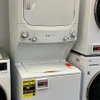

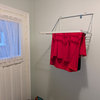
jwvideo